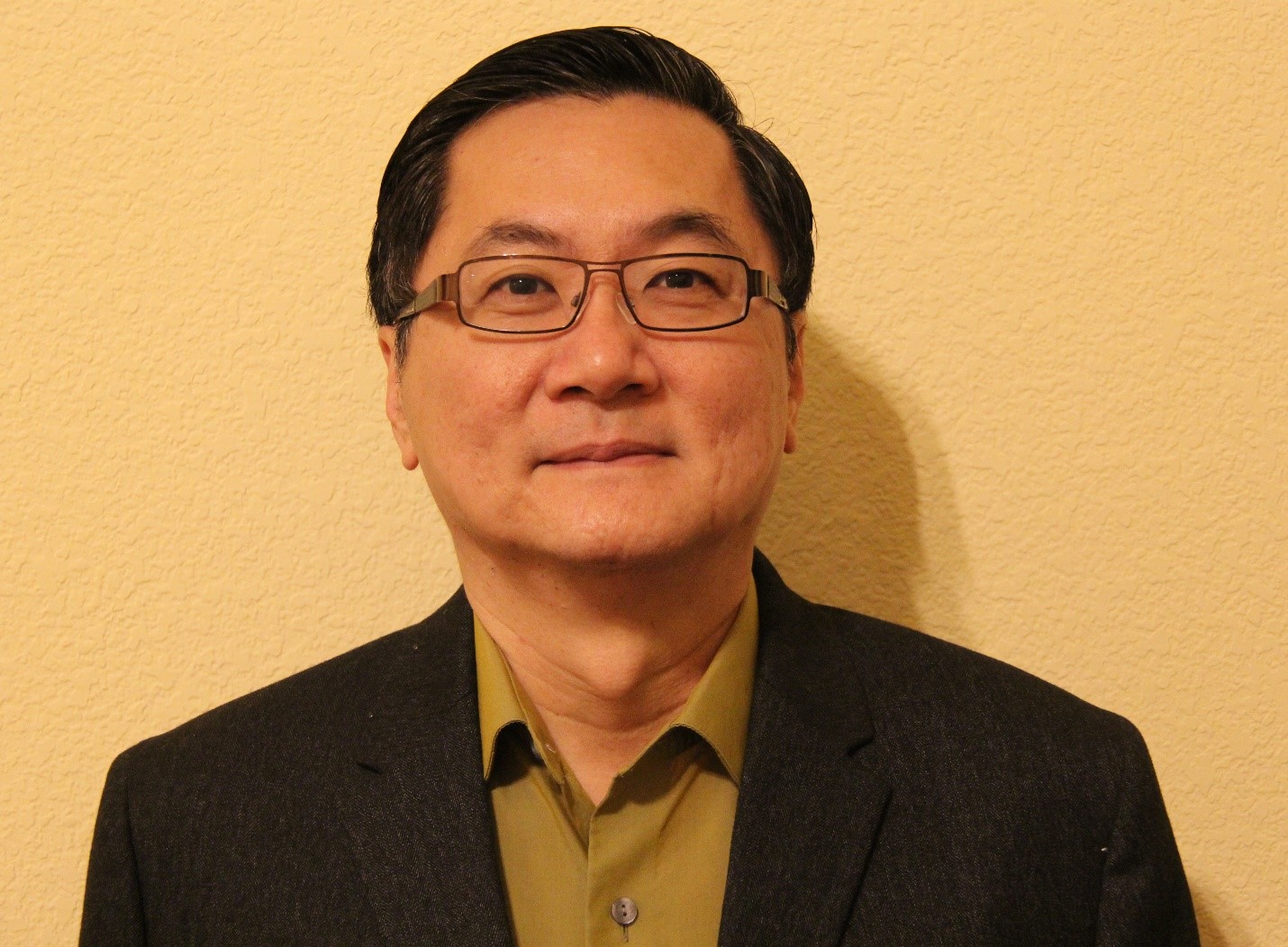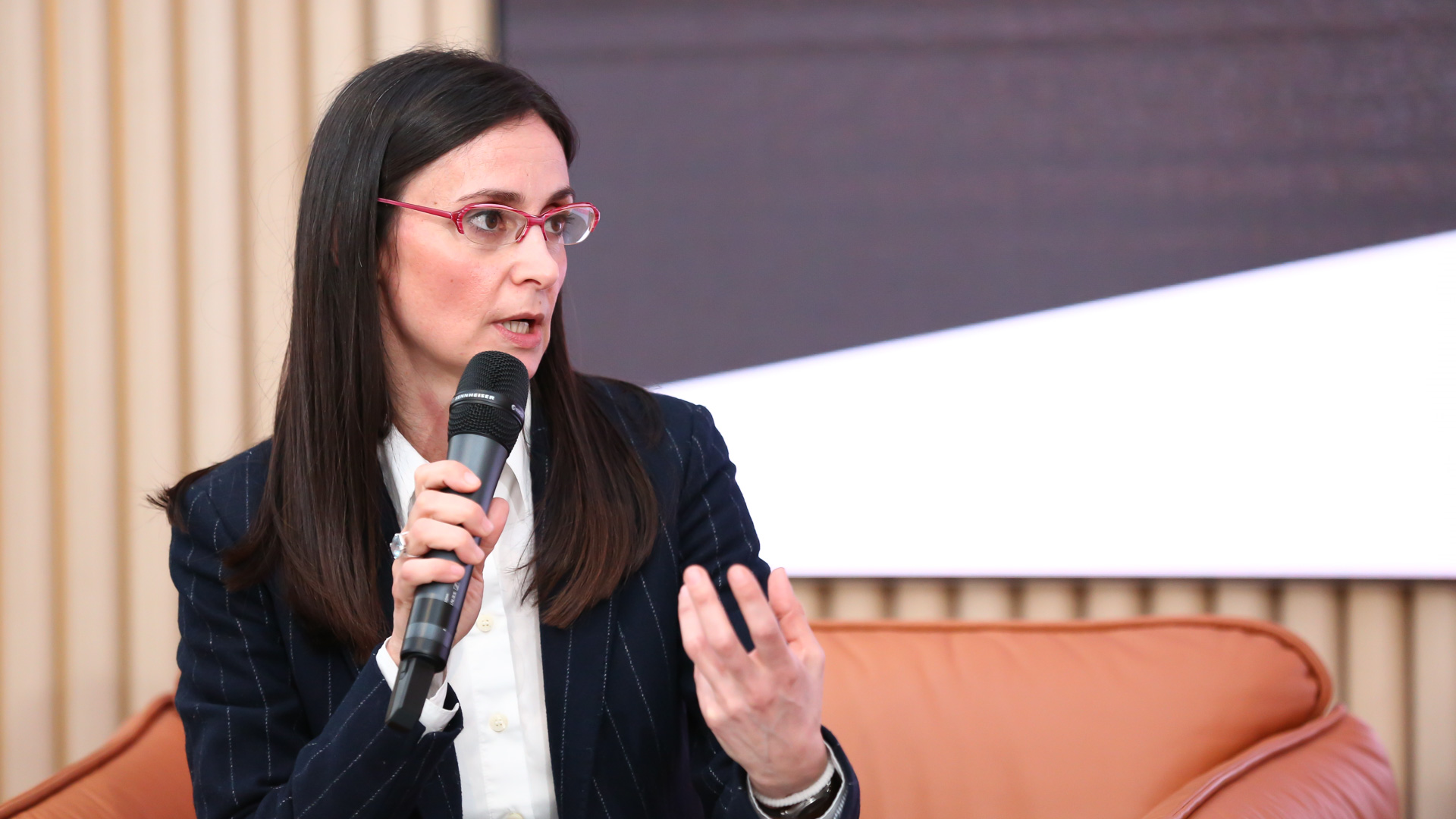Keynote Speakers
We are proud to announce the three keynote speakers of SafeComp 2024: Prof. W. Eric Wong, University of Texas, Dr. Stefan Poledna, TTech Auto AG, and Prof. Isabella Ferrari, University of Modena and Reggio Emilia.
Wednesday, September 18th

Talk Title: Combinatorial Testing for Safety Critical Systems
Abstract. Combinatorial design-based methods have been used to generate effective test cases (CT) for detecting faults in software systems, with many studies demonstrating the success of this approach. However, the effectiveness of fault detection by these test cases depends on the underlying input model, which often relies on users' domain knowledge of the system being tested. If the input model used for test generation does not include fault-triggering values, the generated test cases will not detect the corresponding faults, regardless of the CT test generation algorithms and combinatorial strength applied. To overcome this challenge, we propose a novel approach for constructing input models that consider multiple testing aspects, including functional and non-functional requirements and execution paths. Constraint analysis will also be used to determine possible values for each parameter in the input model. Test cases generated using this approach will not only test the software under normal conditions (what the system should do) but also verify whether the system avoids undesired states when it fails (what the system should not do). We will also discuss the challenges of applying CT in real-world settings.
Short Bio. Dr. W. Eric Wong received his Ph.D. degree in computer science from Purdue University. He is a full professor, the Director of Software Engineering Program, and the founding director of the Advanced Research Center for Software Testing and Quality Assurance in Computer Science Department at the University of Texas at Dallas (UTD), which was one of the major sites of a Security and Software Engineering Research Center sponsored by the U.S. National Science Foundation under the Industry/University Cooperation Research Program. He also has an appointment as a guest researcher at the National Institute of Standards and Technology, an agency of the U.S. Department of Commerce. Prior to joining UTD, Dr. Wong was with Telcordia Technologies (formerly Bellcore) as a senior research scientist and the project manager in charge of Dependable Telecom Software Development. In 2014, he was named the IEEE Reliability Society Engineer of the Year. His research focuses on software testing, debugging, risk analysis/metrics, safety, and reliability. He received the Most Influential Paper Award from ICST (IEEE International Conference on Software Testing) and JSS (Journal of Systems and Software) in 2020. Dr. Wong was the Editor-in-Chief of IEEE Transactions on Reliability from 2016 to 2022. He has also been a Senior Associated Editor of Elsevier’s JSS since January 2016. He has published more than 180 papers and co-edited three books: 1) Mutation Testing for the New Century, 2) Adaptive Control Approach for Software Quality Improvement, and 3) Handbook of Software Fault Localization: Foundations and Advances, which is jointly published by IEEE and Wiley in May 2023.
Thursday, September 19th

Talk Title: The Automotive Industry is transitioning to the Software Defined Car (SDV) – How to get there Safely?
Abstract. Over the past years silicon technology accelerated SoC performance dramatically. Thus, more and more functions can be integrated per SoC. Moreover, advanced automotive SoCs today also provide ample capabilities for execution of safety related software. Furthermore, driver expectations have shifted over the last years considerably. They expect an advanced digital experience in their car as another living space. This includes the demand for a more automated and safer driving experience. It is no longer accepted that a car, once purchased, stays the same over its lifetime. Customers rather expect continuous enjoyable updates and improvements. This is also from an environmental point of view an absolute necessity: Modern cars are physical object with a mass of 1.5 to 2.5 tons. Why should this collection of precious material be replaced, just because we can’t upgrade its software?
The transition to the SDV trails the trend of other tech industries. Once compute resources become affordable to the extent that the promise of future innovation outweighs the cost of compute overprovisioning, software platforms and ecosystems are established.
There is however a very important distinction between tech industries that successfully transitioned to software-defined platforms and cars. As now most of the cars driving functions are computer controlled or augmented, safety is key. The trend towards higher function integration density per SoC leads to architectures implementing centralized high-performance compute platforms and it becomes clear these compute platforms must host mixed criticality functionalities. SDV will only be a success if the following two crucial aspects are addressed:
1. The platform needs to support the rapid and robust integration of best-in-class functionality.
2. As a second crucial aspect the platform needs to enable incremental updates of selected best-in-class functions without re-validation or re-homologation of the complete system.
This presentation will discuss solutions and critical aspects to address the above described two requirements.
Short Bio. Ph.D. degree in quantum physics from the University of Hannover.
Joined VW in 2009. Held various roles in system, function, and software engineering of safety-critical functions. Worked as both Tech Lead and Project Manager for different parts and functions of Battery Electric Vehicles.
Moved to TTTech in 2016, focusing on Autonomous Driving. Acted in different roles as Group and Tech Lead for vehicle, system, and software architectures. Currently holding the position of Principal Safety Consultant.
Friday, September 20th

Talk Title: Autonomous Driving - Safety, Security, and Liability
Abstract. The legal framework for autonomous driving is based on two fundamental pillars: European and global legislation pertaining to technology in the automotive sector, along with national and international regulations governing road traffic, insurance, and product liability.
The objective of this presentation is to provide attendees with an overview of the key legal considerations associated with the advent of autonomous vehicles, along with an analysis of the existing legal solutions and potential responses to the emerging challenges.
Short Bio. Isabella Ferrari is a professor in the Department of Engineering "Enzo Ferrari" at the University of Modena and Reggio Emilia in Italy. She teaches courses in the areas of comparative private law and the interface between law and new technologies.
She serves as the principal investigator for the European Union project, "Intellectual Property Protection for Industry 4.0," which focuses on the engineering sector.
Professor Ferrari's research interests lie in the field of civil liability in relation to the diffusion of new technologies (including autonomous driving and artificial intelligence) and the protection of intellectual property.
Last update
17.09.2024
